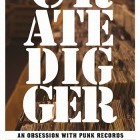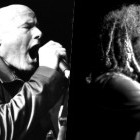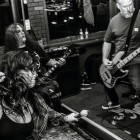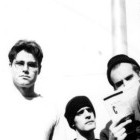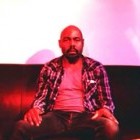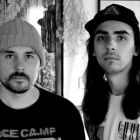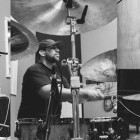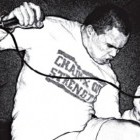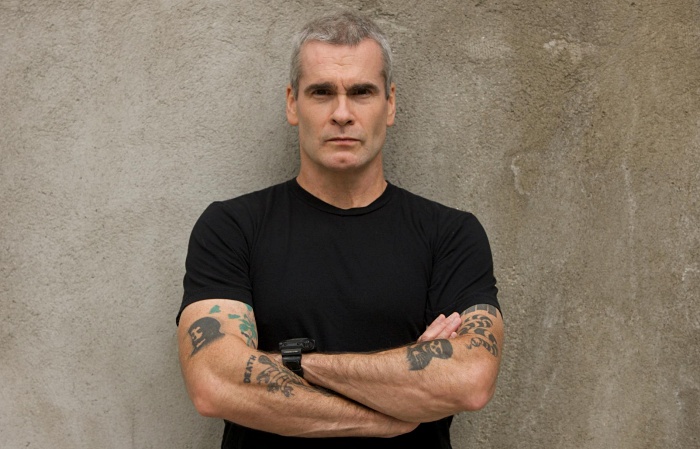
In 2005, I had the chance to interview Henry Rollins for a New York alt-weekly publication that wasn’t the Village Voice. Just before the interview was about to get published, there was an editorial shift at the paper and somehow it got lost in a controversial shitstorm that I’m still too ill-informed to describe properly. Since then, it has been sitting on my desktop waiting for a place to call home (Yes, I still have the same computer!).
Interviewing performers was new to me. I only lucked into this one because I met Henry’s manager at a Solomon Burke show. The plan was to interview Solomon, but then the next day she asked if I wanted to interview Henry too. Uh, yeah...
He could tell I was a neophyte. Still, he was very patient and respectful. As my shaky voice tripped over its self several times, he responded as if he were talking to Studs Terkel. A real pro.
Reading the interview today, his answers seem just as fresh as anything else out there. That’s because the creative process hasn’t changed. His take on it is still applicable to any art form. There’s only so many ways you can do it.
Is there anything you secretly wanted to be asked, but were never asked?
No, but I get asked that question and I can never think of anything because in an interview situation, I’m just reactive. You ask a question and I answer it. But there’s rarely anything I can add to it. There’s no burning ambition to be a pro golfer that I’d love to tell you about. Mainly I’m trying to help the interviewer get what he or she needs to do their work,
Do you see the interview process as a necessity to the business you’re in?
It’s to get information out, so someone may read it and check out your show or what have you. It’s a chance to have somewhat of an intellectual exchange, but usually the interviewer comes in with the questions prepared, so the mood is kind of set by the interviewer. I’ve also had interviewers who you can tell they’re trying to have a go at you, so you occasionally spend fifteen minutes carrying the thrust like, “Ok, this guy doesn’t like me," so you kinda have to toss the hot potato from one hand to another to kinda get through it. And that kind is always on the phone. That kind is never face to face.
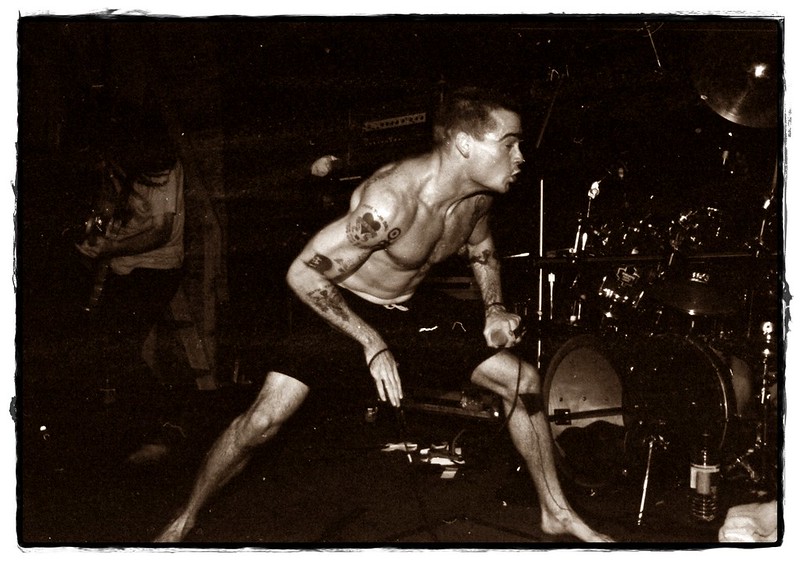
Was there ever a time you had something on your mind that you planned to express lyrically or you wanted to express it in a spoken word piece, but then somehow it came out in an interview and the itch was scratched and there was no need to express it in a more creative way?
No, usually in interviews you’re like, “Yeah, I’m going on this tour...” Basically, you’re reading the press release back to the guy.
Your spoken word performances, do you ever see them as more than just a verbal exchange with the audience?
Oh, yeah, of course. Sure. It’s expression. It’s communication. It’s very personal, as much as you want to make it. But, you know, there’s no band on stage. There’s nothing to hide behind. It’s just you. You can dummy up against the ropes with just pure humor or talking about dogs or whatever or you can take the insulation off the wire and just be out there and be more exposed.
I prefer to do that. That what I would go to a show for. That’s what I want. That kind of immediacy. And I get that with the talking shows. I get it with the band thing too, but the band thing is such a ritual. The song is a song. We wrote it. We practiced it. We played it last night and it’s these four people on stage slinging this sonic hash at you. There’s expression of course. I find with the talking shows, just by the nature of that fact that its only me on stage, that makes it something.
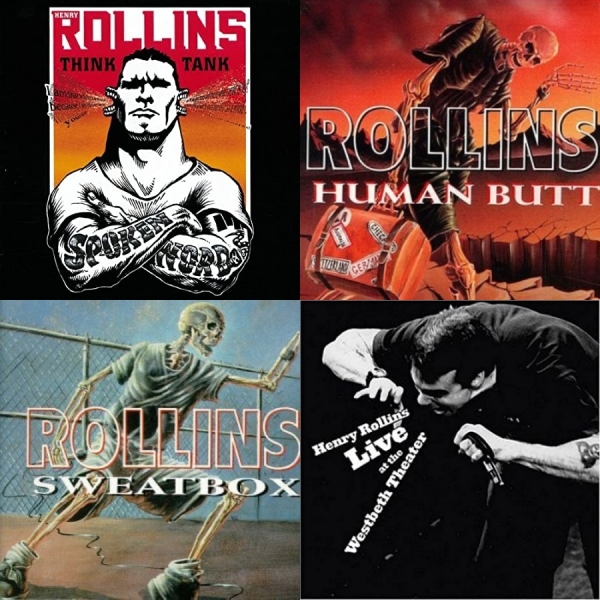
Is there a physical aspect to the talking shows?
Not really. It’s more mentally draining than anything. Because you’re really trying to fire on all spark plugs efficiently for a couple of hours, so I always walk off stage like my brain is winded, just from keeping that focus. It’s like your eye on the top of a pin for two and a half hours and not wavering. Because you’re trying to engage an audience and that’s like arm wrestling a giant. You really have to lock into the material and not think about “Oh my shoe hurts” or what day it is.
You’re in the story. I guess actors call it being in the moment. To do that, to hold that gaze, to not blink for two hours, that’s intense. Physically, you’re not moving around, like when I do the music.
When you want to express yourself from a more humorous side, is that something you tend to throw into the spoken word side of Henry Rollins?
Oh yeah, a great deal of it is humor. I can’t take myself too seriously. I take the work seriously, but I don’t take myself seriously. I think you lose a little perspective when you go at things like that.
Do you come across hecklers when you do the spoken word?
Not usually. Every once in a while you’ll get the drunk guy. It’s not like I’m gonna inflame the audience. It’s not like I’m like, “Hey, I’m pedophile and if you don’t like it.” I’ve got nothing going on like that. Maybe an audience member and I may disagree, but I don’t think he’s gonna stand up there surrounded by hundreds of people and go like “Hey, fuck you”. But I’m not really provoking that-
Response?
Yeah. I’m not looking for it. I’d rather people didn’t heckle, so I can really concentrate and do this thing I’ve been waiting all day to do.
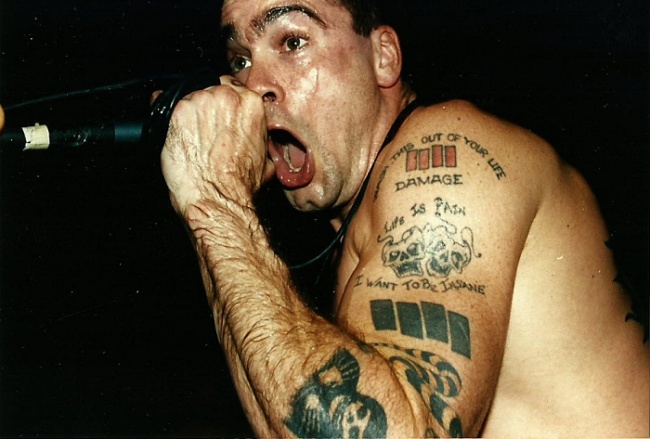
I was wondering if I could throw a couple of names at you of people who’ve passed away in the last year.
Sure.
Ray Charles.
Great Artist. I was lucky enough to run into Ray Charles a couple of times at the Los Angeles International Airport. That was always cool, waiting to take the flight and you’re four seats away from Ray Charles. Or watching his luggage come out in New York (That’s where we were flying to) and there are all these anvil cases for his band that said "Ray Charles Orchestra" on them and when he passed away I wondered where all those anvil cases were. They’re probably in some storage place somewhere.
Rodney Dangerfield.
Classic. A real master of the old school-putting on the show. Rarely came out of character. After he passed away, everyone would play interviews and there’s a talk radio station in LA and they played an old interview from a few years ago and the whole time he’s just doing his thing. So Rodney, how ya feeling? [Imitating Rodney] "I tell ya. I’m feeling real bad." He never dropped that ball. It’s like Rickles.
Rickles is always on Letterman and he’s right in Letterman’s face. What are you an idiot? He just never gets off it. That’s like that old school I’m putting on a show. There’s a listener I gotta give them the big show. I never saw him perform. I’m usually on stage, so I never get to see shows. But my manager once went in Las Vegas and I was like, “What’s that like?” He said it was one of those theatre dinner things and you sit down, they give you a cocktail, you skip the meal, then out comes Rodney Dangerfield for like an hour.
Its an hour and an eighty dollar ticket. I said, “Eighty bucks for an hour!” I said, “What did you think of that?” He said, “My only regret is that I didn’t get a ticket for the second show.” He (Dangerfield) walks out, does the first line and he kills you. You start laughing uncontrollable for a solid hour and after an hour you’re weak from it. I admire those guys from that older school you did it until you die. There’s no retirement. There’s no “I got the money. Now I’m out.” It’s like, “This is who I am and this is what I do all the time.”
Is that how you see Henry Rollins?
Is that how I see myself? I would feel lucky and privileged if I still could get employment at that age. In my line of work, rarely is the musician, comedian or actor, rarely is that person done with it before it is done with them. Your career in music is over usually before you want it to be.
Not everyone gets to be Frank Sinatra where they’re a draw until they say stop. So at 25 years into being booked and being on stage and what not, I don’t know how many more years they’re going to let me. If I got another 25, I’d be very happy. I don’t really need the money. I really like what I do.
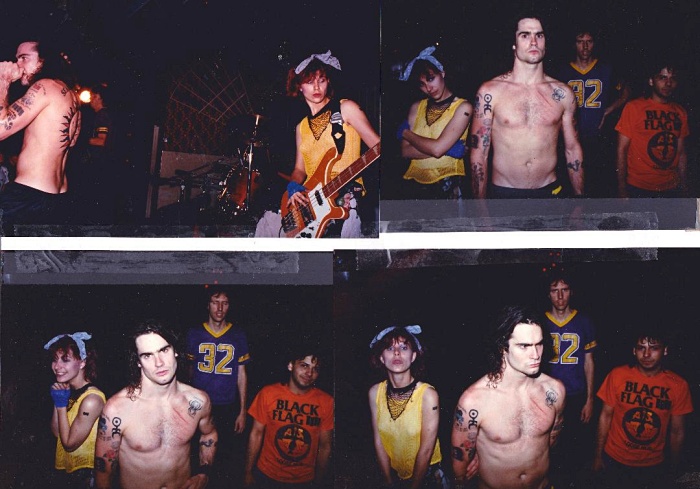
You’ve been consistent creatively over 25 years. Has there ever been a moment when the inspiration hasn’t been there?
Sure. There’s times when you’re really depressed or nothing’s coming because you’re a human being. Or you’re just kinda bored with yourself and just need to stop mining the well for stuff and let some stuff accumulate. You have to go out and live a little. You just have to go out and go out “OK, I’m just going to be a human being and not a material gathering machine” because you get into that mode where “Ok, there’s an interesting person at the airport. Let’s look at him for a minute” and you get a short story out of just what that person looked like.
You’re always looking for something. You always have your ear to the ground, listening for what could be a compelling point of view and sometime you can overflow and get too tasked where the well will run dry. Not to fear just-
Recognizing it?
Yeah, just realize that if you are so inspired, there will be something that will come along later. Henry Miller, in his writing, he wrote about that. He said, “Never go to the bottom of the well. Always leave a few inches at the bottom, so it could accumulate in your sleep. Never burn out. Never go to the bottom. Leave a little in.” And I’ve heard that being said by other writers. but I read that in one of his books. I forget which one it was now. One of his post-Paris books, where he started writing about writing. I took that to heart and I never sweated lack of material knowing that in two weeks there’s gonna be a plague of it.
What do you do to get away from it?
I read other books. I go to see movies. I get into someone else’s scene. I go back to my old neighborhood and I go hang out with some friends, see what they’re going through. And kinda get out of myself for a while.
I’ll be interviewing Solomon Burke later in the afternoon. Is there anything Henry Rollins would want to ask Solomon Burke if he were the interviewer?
How do you keep going for four decades and still turn it out. Or five decades for that guy?
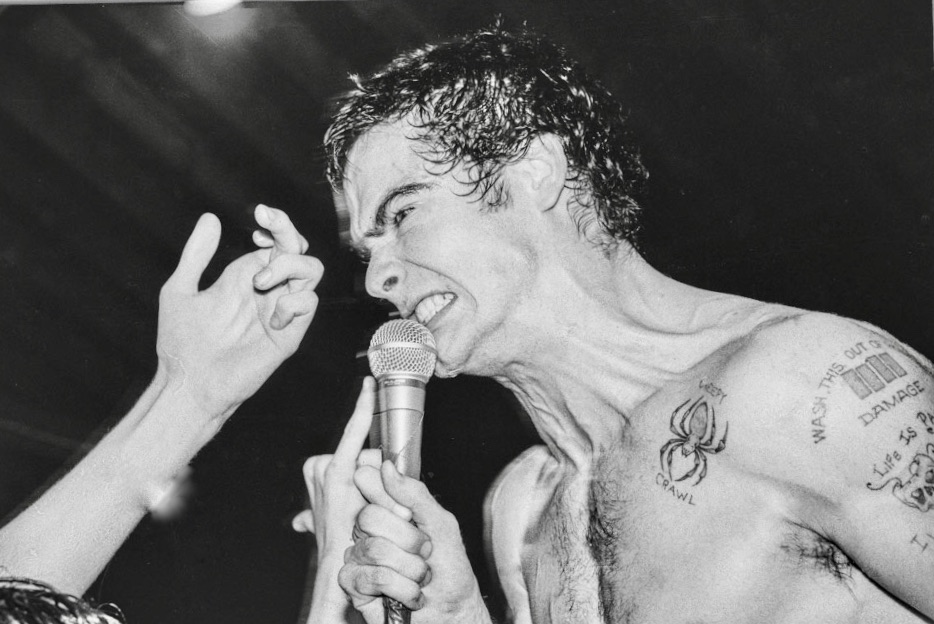
It’s been 45 years.
All of those long range guys-you’ve done your history-all of those guys had a bad decade. The trends in music just weren’t where they were or they just had bad management. All of these guys who’ve been around forever-they have this incredible story like, ”Oh, the seventies were really bad for me.” Or “The eighties, I couldn’t find it.” I always want to hear those stories because the real guys and girls never stop. They keep punching through that dry time.
You see it with actors and musicians. You’re like, “What happened to so and so for eight years?”, then you see the VH1 and it’s drugs or a bad marriage or “I couldn’t hear the music” or “Fuckin’ disco! I didn’t know what to do!” All those survivor guys, I always ask how you get through. How are you still in it now? Because there’s always a story there and if they’re honest enough, they’ll be like, “Yeah, there was this time...” So that’s what I would ask. “How are you still doing it?” That’s more interesting than “You got together with this producer” or whatever.
***
Donate a few bucks to help with No Echo's operating costs:
***
Tagged: black flag, henry rollins, rollins band


